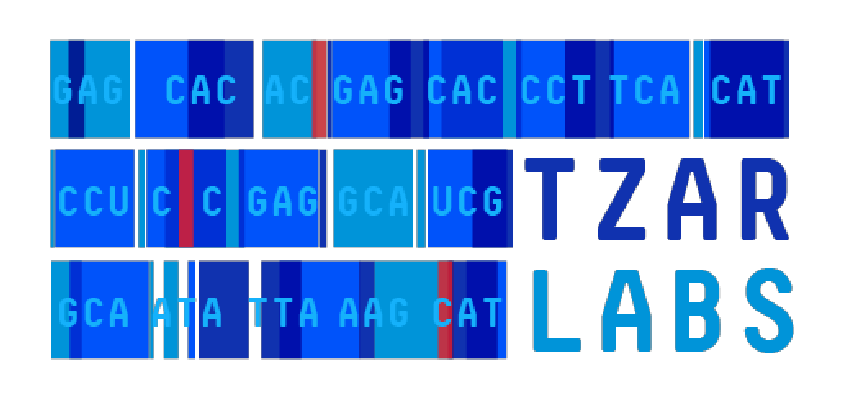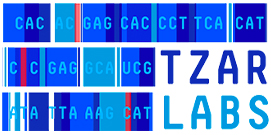March is Colorectal Cancer Awareness Month
Bowel cancer, affecting the colon and rectum, is a leading cause of cancer-related deaths worldwide. However, it’s also one of the most preventable cancers. That’s where awareness and early detection come into play. This March, we’re urging everyone to prioritise their bowel health and take proactive steps to protect themselves.
The Power of Screening: Your First Line of Defence
Bowel cancer screening is a game-changer. It allows doctors to find precancerous polyps (growths) in the colon or rectum, which can be removed before they turn into cancer. It can also detect cancer at an early stage when treatment is most effective.
- Benefits of Screening:
- Early Detection: Finding cancer early significantly increases the chances of successful treatment and survival.
- Prevention: Removing precancerous polyps prevents them from developing into cancer.
- Peace of Mind: Knowing your bowel health status can provide reassurance and reduce anxiety.
Various screening options are available, including colonoscopy, stool tests (faecal occult blood tests, FOBT), and sigmoidoscopy. Talk to your GP to determine which screening method is right for you. Early screening is a key component of bowel cancer prevention.
Advanced Screening and HrC Genomics:
When discussing bowel cancer screening, it’s essential to understand the advancements in technology that can enhance early detection. Technologies such as HrC Genomics, which represents a form of advanced genetic screening that aims to detect cancer at very early stages, even before tumour formation, are becoming more available. HrC Genomics focuses on identifying cancer stem cells in the bloodstream, which can indicate the presence of or risk for various cancers, including bowel cancer. This technology utilises Next Generation Sequencing (NGS) to analyse genetic markers. This form of screening can provide earlier detection and be used as a complimentary screening tool. It can also help to provide a more personalised risk assessment. Always discuss any testing with your Doctor.
Know the Symptoms: Listen to Your Body
While screening is vital, being aware of potential symptoms is equally important. Don’t ignore these warning signs:
- Changes in bowel habits (diarrhoea, constipation, or narrowing of the stools) that last for more than a few days.
- Rectal bleeding or blood in your stools.
- Persistent abdominal discomfort (cramps, gas, or pain).
- A feeling that your bowel doesn’t empty.
- Weakness or fatigue.
- Unexplained weight loss.
If you experience any of these symptoms, consult your GP immediately. Early diagnosis can be the difference between life and death.
Taking Action: Beyond Awareness
This March let’s move beyond awareness and take action. Here’s how you can make a difference:
- Schedule a screening: If you’re eligible (or younger if you have risk factors), talk to your GP about screening.
- Spread the word: Share this information with your friends and family.
- Support organisations: Donate to or volunteer with organisations dedicated to bowel cancer research and prevention.
- Maintain a healthy lifestyle: A balanced diet, regular exercise, and avoiding tobacco and excessive alcohol can lower your risk.
Bowel cancer doesn’t have to be a death sentence. With increased awareness, regular screening, and a proactive approach, we can significantly reduce its impact. Let’s make this March a month of action and prioritise bowel health for ourselves and our loved ones.



